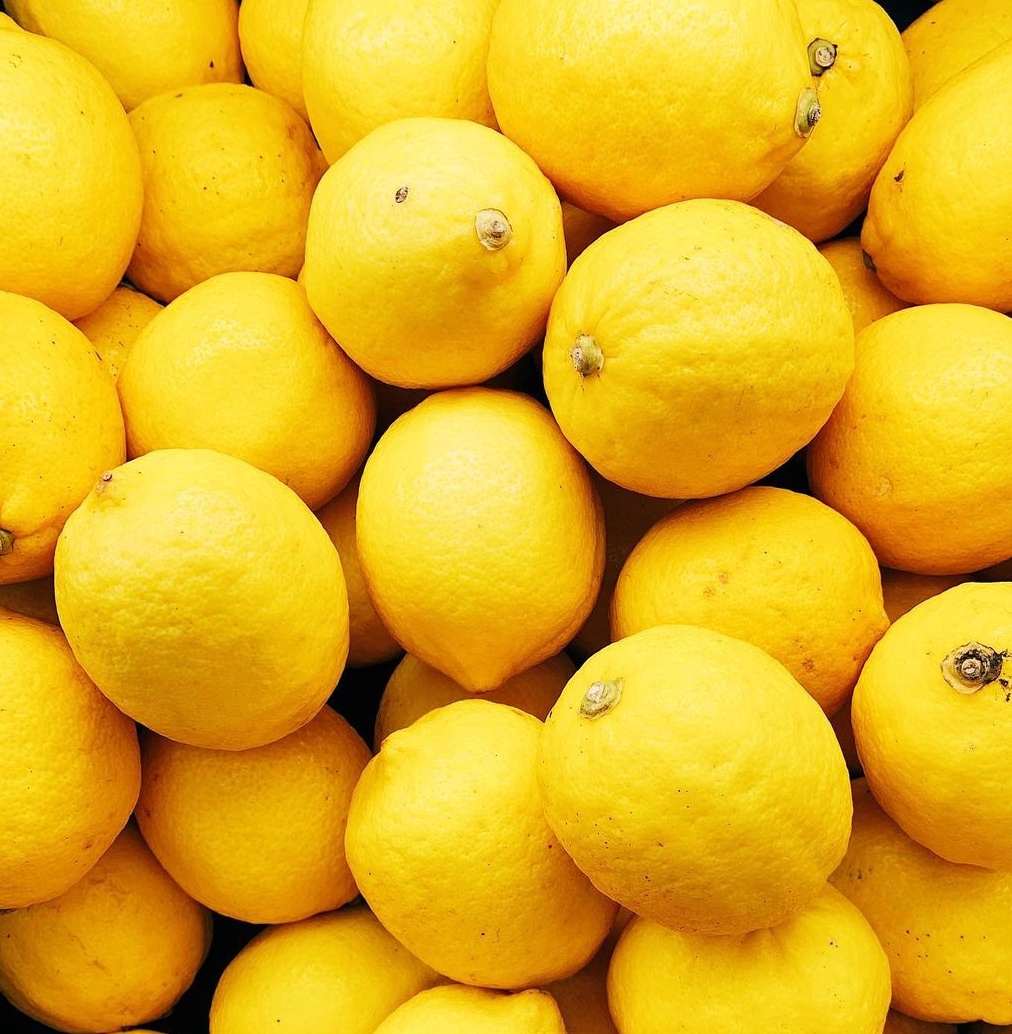
How to clean with citric acid HaRa Australia
This mixture is commonly known as baking powders which often include a carrier or vehicle, such as starch. Baking acids participate in the neutralization reactions with bases (sodium bicarbonate, potassium bicarbonate, ammonium bicarbonate): 1. Base + Leavening Acid → Neutral Salt + Water + CO 2. The optimum acid (or combination of acids) is.
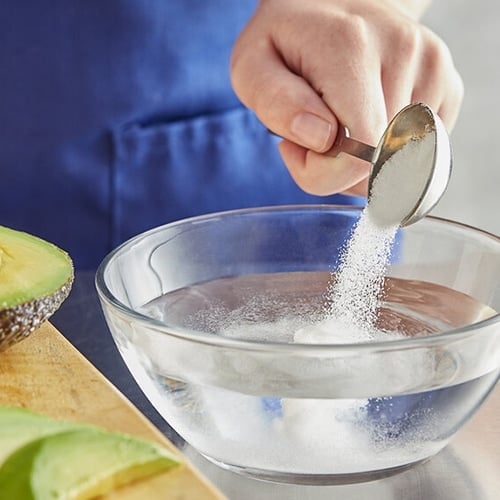
What Is Citric Acid? Uses, Origin, Cooking, & More
We hypothesised that the use of different chemical leavening agents can counteract the negative effects of pomace addition improving the quality of the final product. Citric acid, sodium acid pyrophosphate, and glucono-δ-lactone were used as leavening agents in combination with sodium bicarbonate (encapsulated and free).
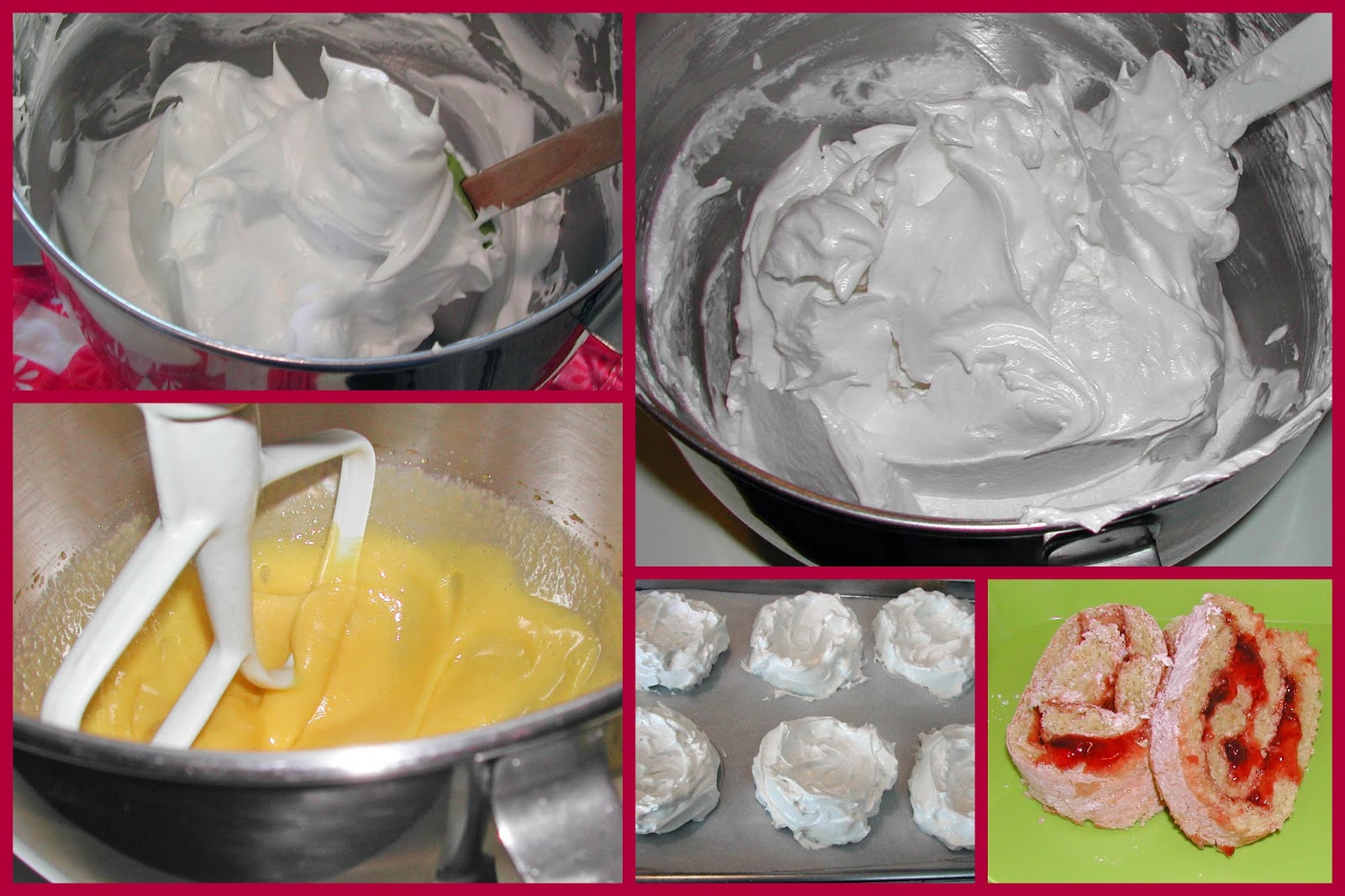
Is eggs a leavening agent? Fabalabse
It's got both a base (baking soda) and an acid in it. You can just add it into your baked goods, and the baking powder will react to the moisture in the batter or dough. It will continue to rise in the oven, similar to baking soda. Biological Leavening Agents. Dry yeast is the main biological leavening agent that you'll use in baking.
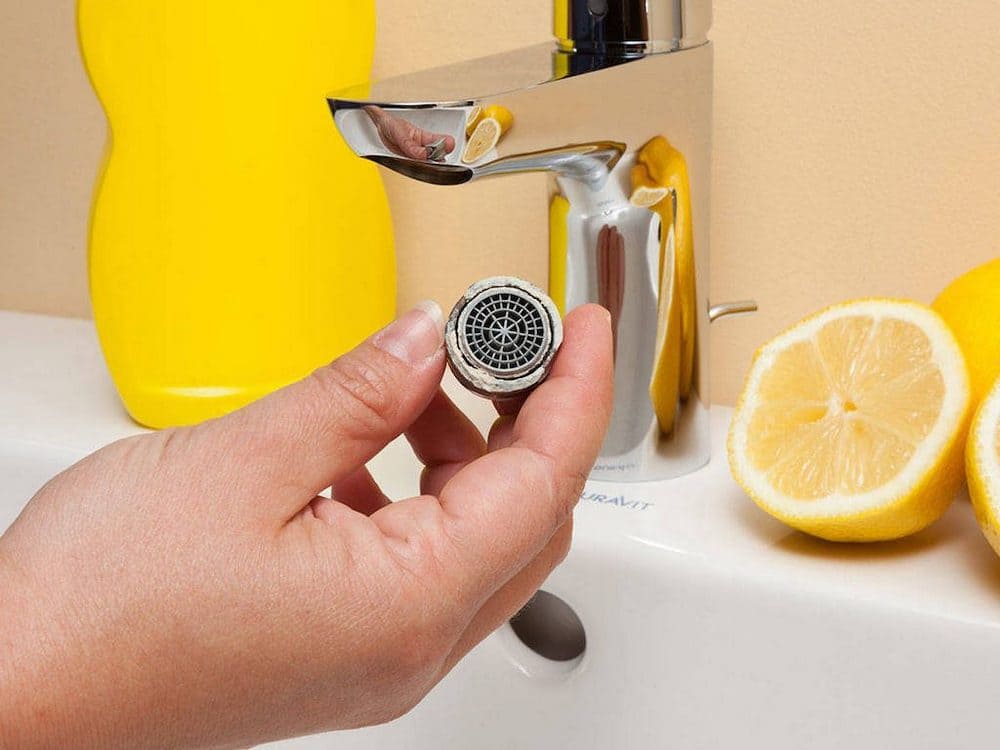
Using Citric Acid For Cleaning
Chemical leavening agents can create predictable reactions, when properly neutralized or completed. Discover some tips in the Knowledge Center.. the leavening acid and sodium bicarbonate need to be balanced so all of the substrates are used in the reaction and the end pH is neutral - if this does not occur, finished products may have a.

Citric Acid Water Softeners Everything You Need to Know Water Treatment
Leavening - When citric acid is combined with baking powder, a chemical reaction occurs and carbon dioxide gas bubbles are created. This helps to improve the leavening, or rise, of baked goods. Citric acid is a helpful substitute in vegan baking that cannot rely on eggs or buttermilk to help with leavening.

5 Ways to use Citric Acid To Clean Around Your Home
We hypothesised that the use of different chemical leavening agents can counteract the negative effects of pomace addition improving the quality of the final product. Citric acid, sodium acid pyrophosphate, and glucono-δ-lactone were used as leavening agents in combination with sodium bicarbonate (encapsulated and free). A micro-baking.
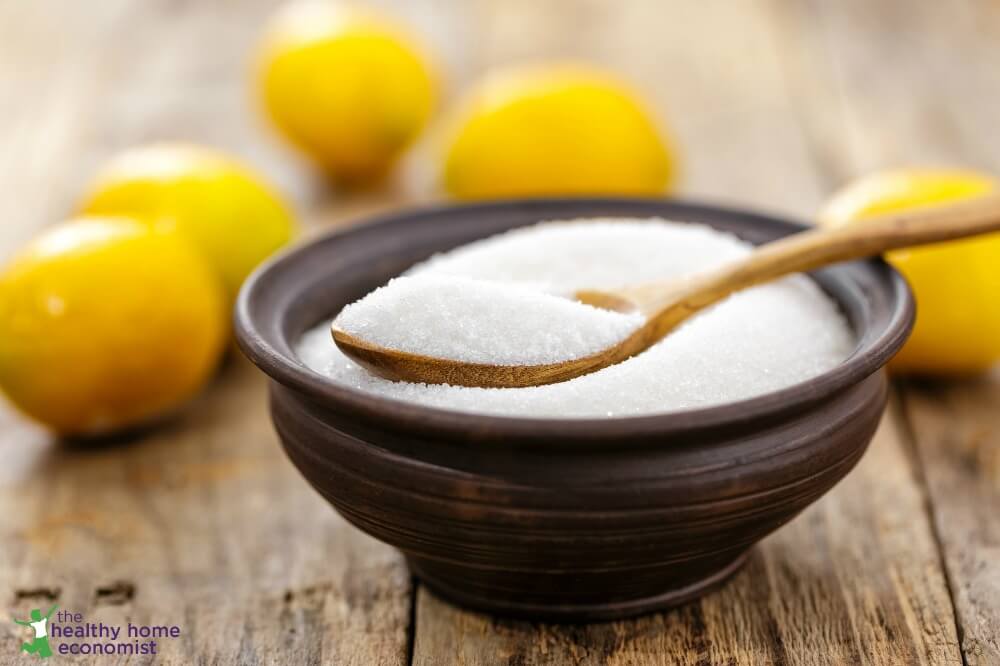
Citric Acid. Is this Common Ingredient Safe? Healthy Home Economist
Chemical leavening involves the action of an acid on bicarbonate to release carbon dioxide gas for aeration of a dough or batter during mixing and baking. The aeration provides a light, porous cell structure, fine grain, and a texture with desirable appearance along with palatability to baked goods. There are essentially two components in a chemical leavening system: bicarbonate that supplies.
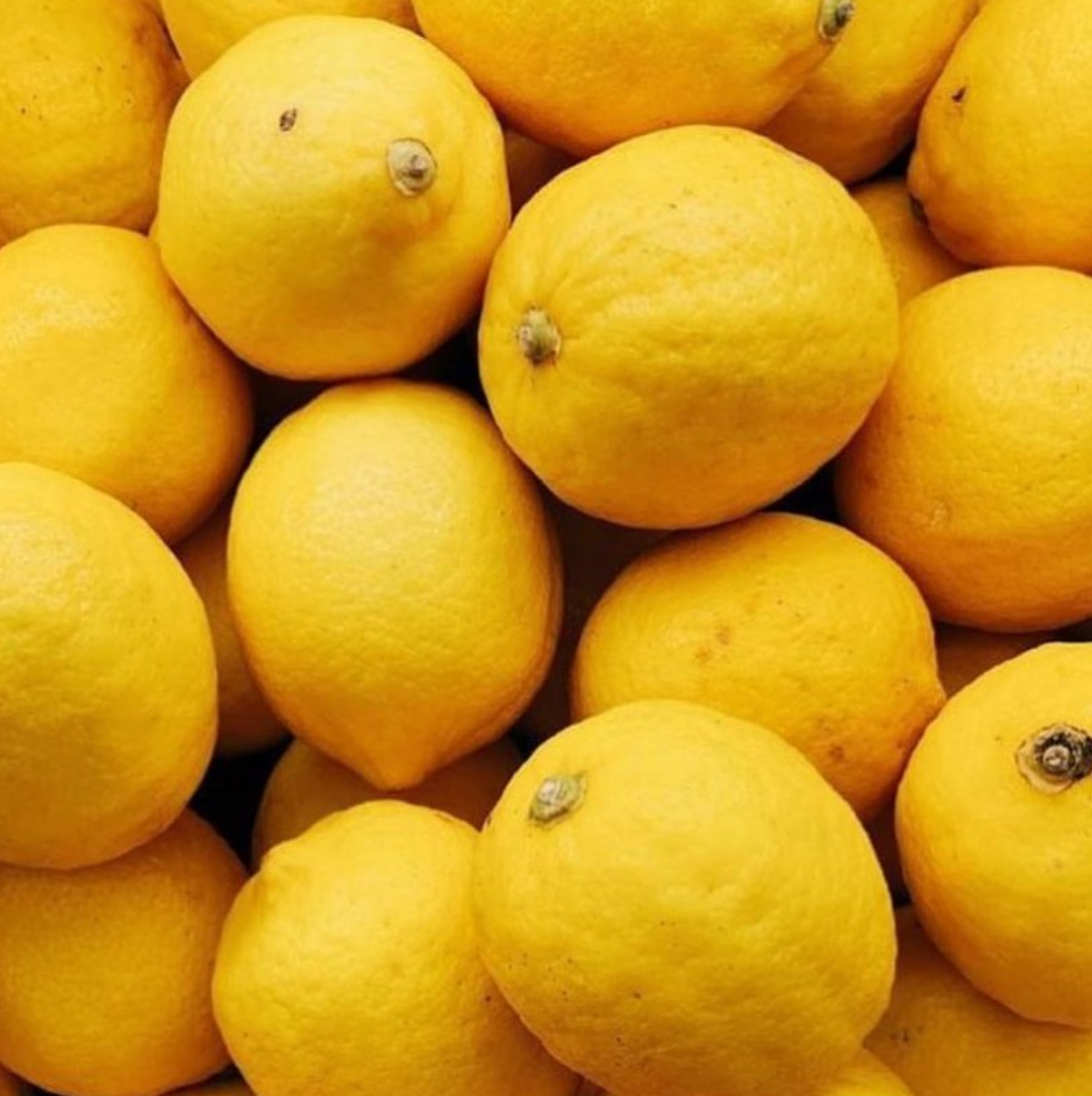
The Cleaning Miracle Citric Acid HaRa Australia
How Leavening Agents Work . Dough is made of wheat flour, which contains a pair of proteins called gliadin and glutenin. When you add water and start to mix it, the gliadin and glutenin combine to form a new protein called gluten.Gluten molecules arrange themselves into chains that can be quite long and elastic.

Chemistry] Novice How is citric acid weak? chemhelp
Specifically, the baking soda (a base) reacts with the acid to give you carbon dioxide gas, water, and salt. This works in the same way as a classic baking soda and vinegar volcano, however, instead of getting an eruption, the carbon dioxide fizzes to puff up your baked goods. The gas bubbles expand in the heat of the oven and rise to the top.
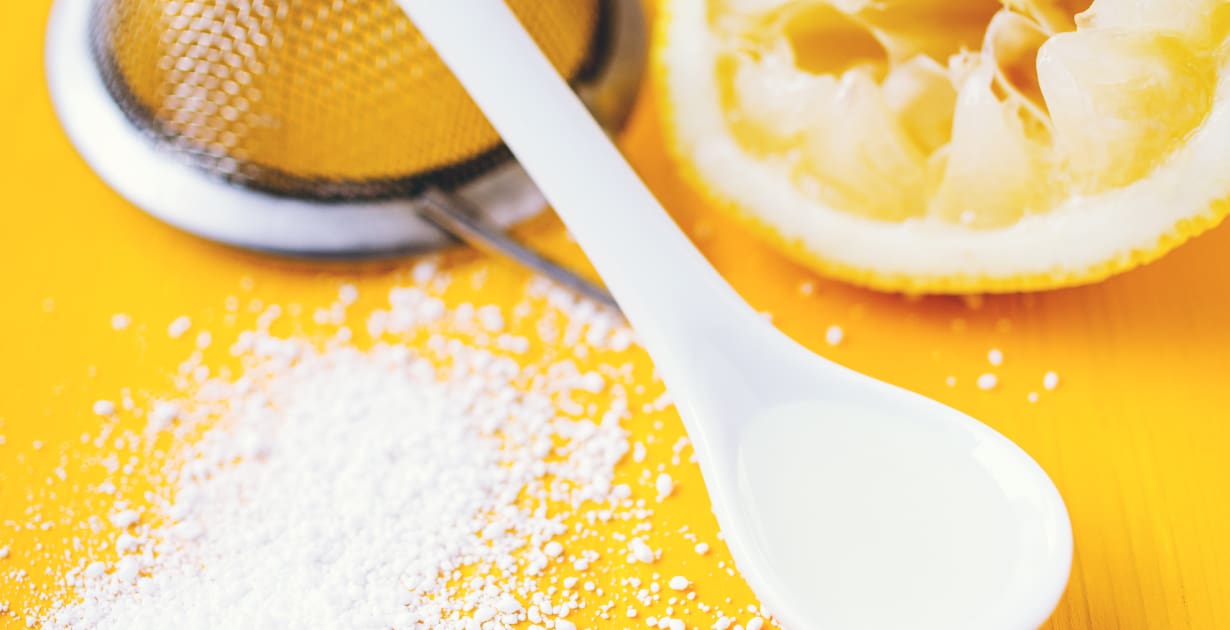
Qu'estce que l'acide citrique ? Avantages et inconvénients, et comment
Citric acid; Cream of tartar; 100% unsweetened chocolate; Natural cocoa powder; Yogurt; Sour cream; Brown sugar and molasses; So, if a recipe has baking soda as a leavening agent, the recipe MUST include an acidic ingredient to activate the baking soda to create CO2. When baking soda reacts with the acid, you get CO2 and salt residue.
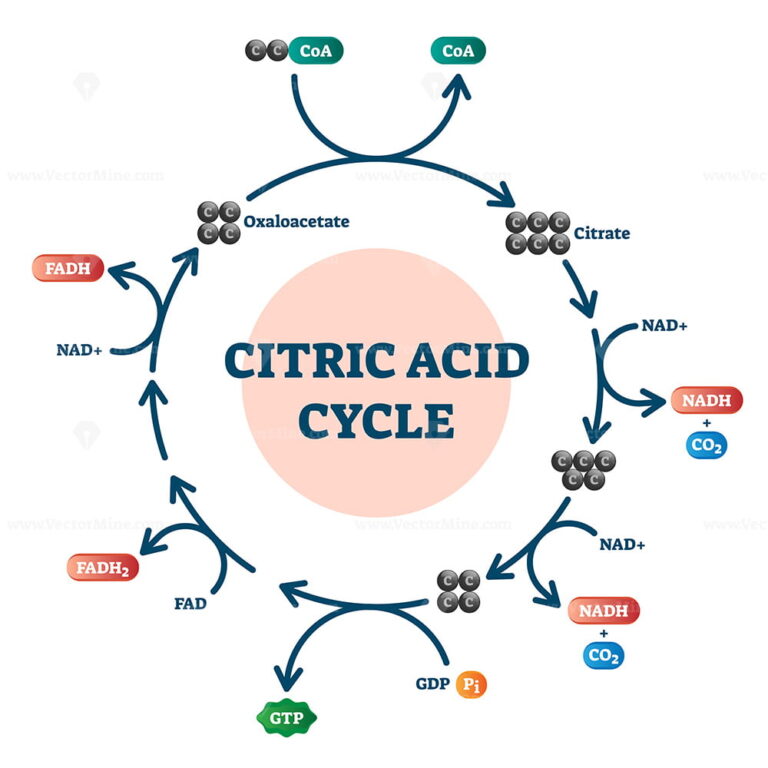
Respiracion Aerobia Quimica Ciclo Del Acido Citrico Images
leavening agents by acid-base reaction to determine whether the chemical leavening agents can substitute yeast in bread baking. We hypothesized, if using the same proportion of baking. weakens the leavening efficiency since citric acid and baking powder does not have a second round of CO2 production to compensate for the loss of CO2 escaped.

Citric Acid and Why You May Want to Avoid It YouTube
By fitting the right leavening agent to the right product,. MCP is known as a fast-acting leavening acid because about 60% of the reaction occurs within the first two to three minutes of mixing at room temperature.. Additionally, when organic acids, such as citric, malic and fumaric, are used, the leavening process must also be altered..

Citric Acid Pka Values TysontuOliver
Baking with citric acid is a great way to enhance the flavor of lime or lemon desserts. It can be stirred into lemon curd, mixed into a glaze or incorporated into a frosting. You can also incorporate citric acid into the batter of baked goods, but it's important to remember that it will cause a chemical reaction with baking powder or baking.
[Solved] Citric acid, a weak acid is found in citrus fruits which makes
Acid: Chemical formula: Role in baked goods: NV* Citric: C6H8O7: Flavoring agent or acidulant. Its salts are used sourdough bread to provide distinct flavors: 87: Fumaric: C4H4O4: An acidulant and effective leavening acid (less acid is needed to react with sodium bicarbonate) Its dissolution profile makes it uniquely functional during.
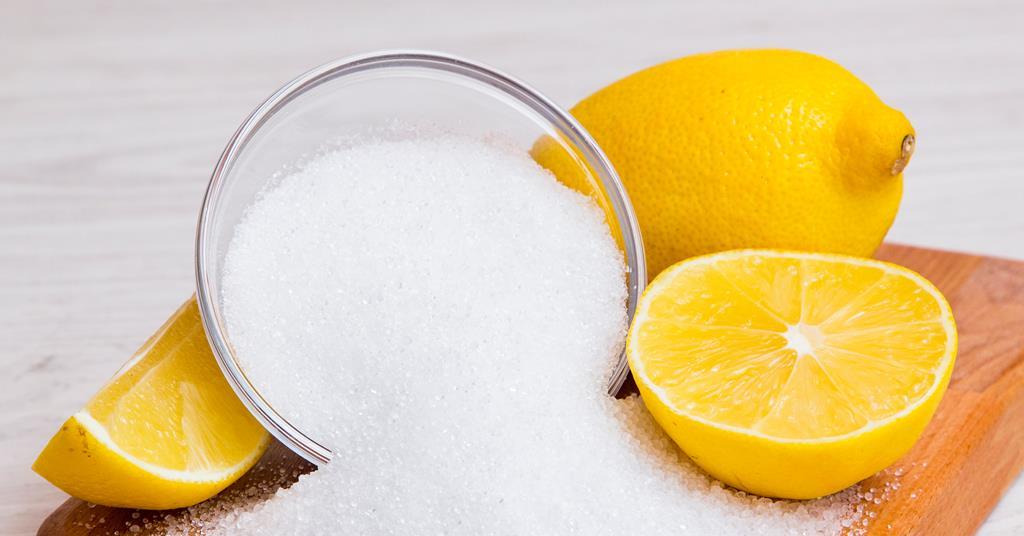
Citric Acid Grapes to Glass
Baking powder is another chemical leavening agent. But unlike baking soda, baking powder is a complete leavening agent—it already contains a base and acid to do its job. To put it simply, an acid is no longer necessary because the acid is already built into the mixture. Baking powder begins to function upon contact with a liquid.
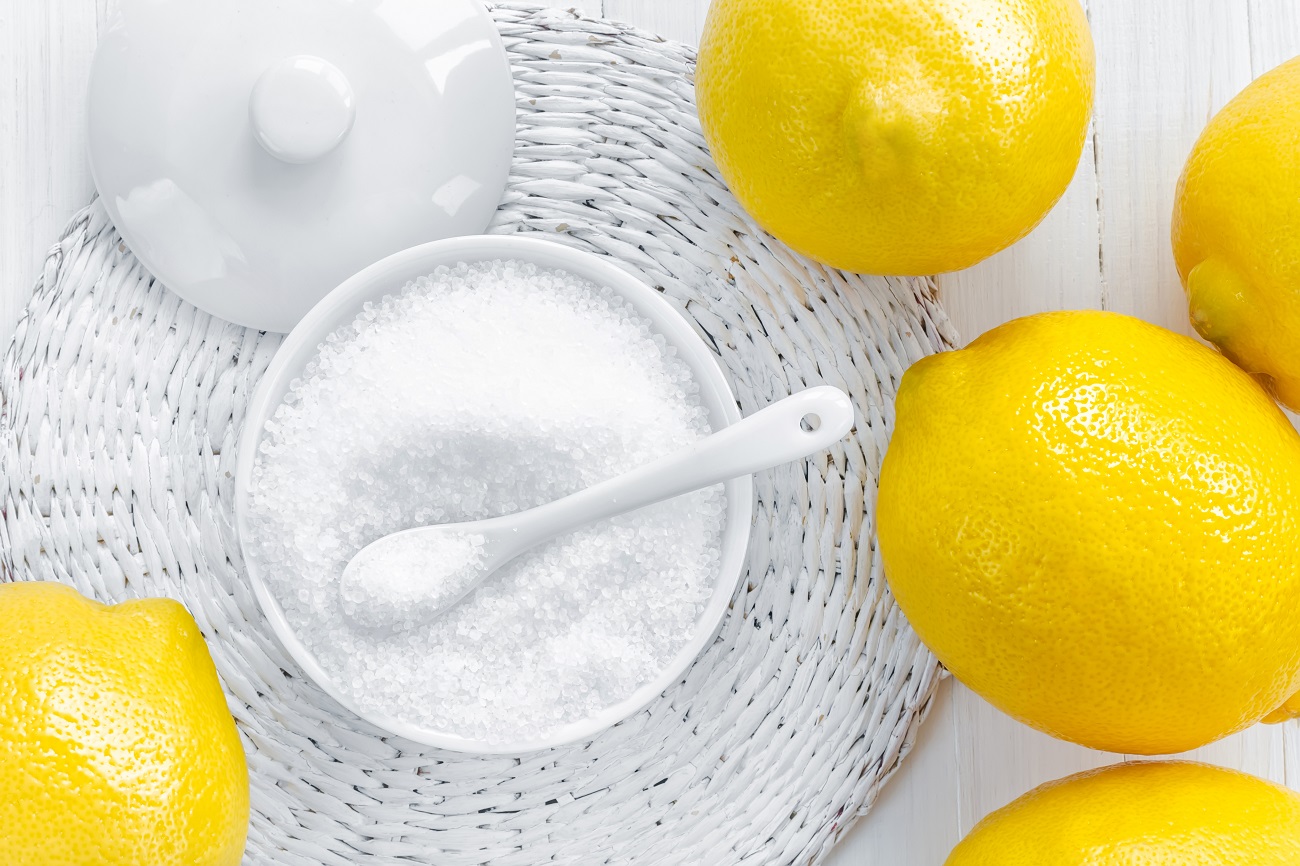
Ways to Speclean with citric acid Speclean
A leavening agent is an ingredient whose main function is the production. It was not until the 19th century that knowledge of chemicals first influenced the development of leavening agents, i.e. sodium bicarbonate and acid phosphates, that were later used in sweet baked goods.. (citric, tartaric) Dicalcium phosphate dihydrate (DPD.